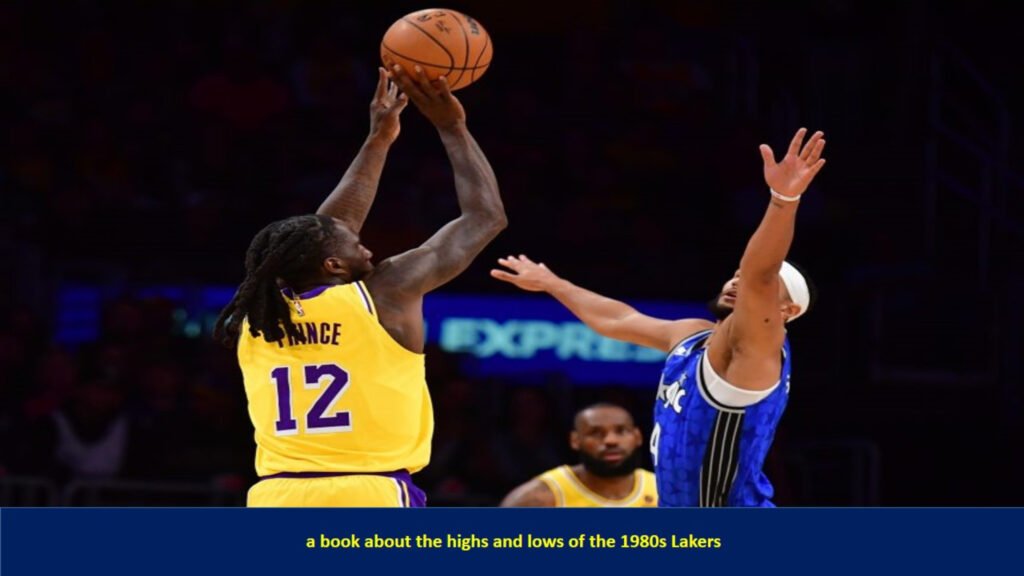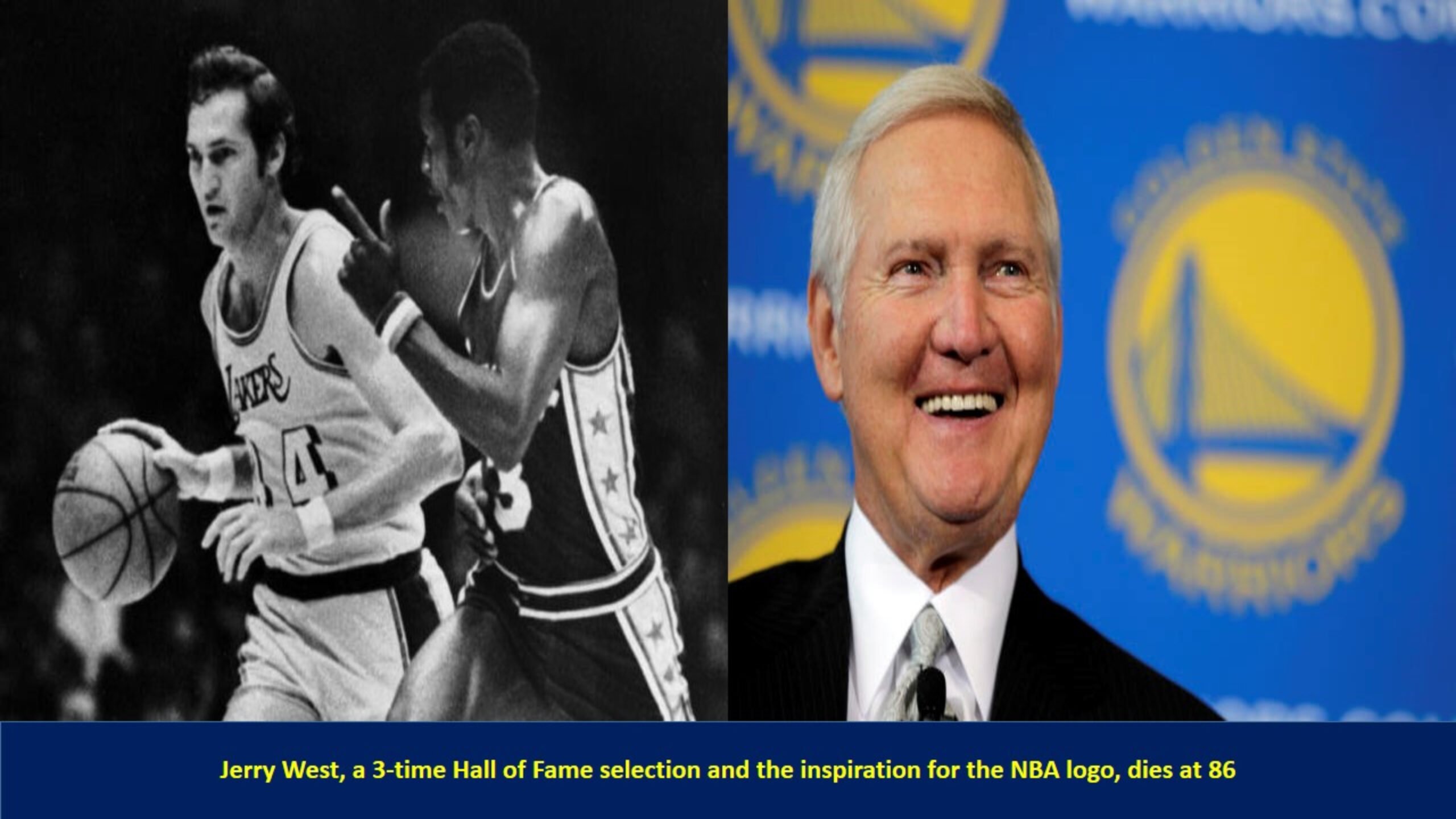Jeff Pearlman wrote “Kickoff: Wizardry, Kareem, Riley, and the Los Angeles Lakers Line of the 1980s,” which got turned into the HBO series “Winning Time.
As I’ve grown older and experienced more in life, I’ve come to the uncomfortable realization that — for better and for worse (mostly for worse) — we all find ways to justify our actions.
We might have run that red light, but … we really needed to pick up Amelia from dance class.
We had an excessive amount of to drink, but … Uncle Joey most effective turns 37 once.
We see the characters in our favourite books get exaggerated for entertainment, but …
Um……………..Eh………………..Ah.




That last one left standing? That’s me. Well, partly me, at least. Ten years ago, I wrote “Kick-off,” a book about the highs and lows of the 1980s Lakers. HBO liked it and turned it into a show called “Winning Time.” And, just to be totally clear, I loved almost everything about “Winning Time.” I adored Quincy Isaiah as Magic Johnson and Sean Patrick Little as Larry Bird. I loved Adrien Brody as Pat Riley and Solomon Hughes as Kareem Abdul-Jabbar. “Winning Time” brought back my favourite era of pro basketball and introduced younger viewers to the players who came before LeBron James and Luka Doncic. From start to finish, I was impressed by the writing and attention to detail. Early on, I even got a call from a producer asking if I knew what material was used for the 1979 NBA Summer League uniforms.










“Why?” I asked.
“Because,” he said, “we need to replicate them.”
Despite the ongoing highs, however, one thing that left me somewhat conflicted was the portrayal of Jerry West, the legendary Lakers guard and general manager who passed away this week at 86. As detailed in his autobiography, “West by West: My Enchanted, Tortured Life,” he was a man who battled episodes of depression, anxiety, self-loathing, and mood swings. In my many years covering sports, I’ve only heard of two people who struggled to watch their own teams play — one was Billy Beaned, the long-time general manager of the Oakland Athletics. The other was west.




Often, when the Lakers played, West could be found at the Forum in Inglewood, California, pacing, stretching, biting his nails, and tapping his toes. Or he might be sitting in his Buick in a mostly empty parking lot, listening to the game on the radio and pounding his fists into the steering wheel with every missed layup.
He had served as the team’s head coach for three seasons in the late 1970s, and while the 145-101 record suggests success, he couldn’t handle the pressure of the job. How could Jerry West — one of the greatest talents ever — have the patience to teach players like Earl Tatum and Dave Robisch the proper technique to shoot a jumper? Answer: He couldn’t. It almost drove him to madness.




In “Winning Time,” actor Jason Clarke was fantastic as west. Actually, he was more than fantastic. He nailed his slight West Virginia accent, his confident swagger, and his unwavering love for the Lakers. There’s a scene in the first episode where West explains to team leaders that it would be a mistake to pick Michigan State’s Johnson with the first pick in the 1979 draft; a safer bet would be Sidney Moncrief of Arkansas.
When Jerry Buss (played by John C. Reilly) asks why, West — with all the honesty one can muster — says, “He’s too tall.”




Buss laughs at the idea, as do those standing nearby — and West loses it. He stomps off, snaps his golf club in half, and while storming off, snarls, “I freaking busted my shaft, Pedro!
Its great stuff, and I actually laugh every time I see it. But it’s not real. That moment never happened. There was no Pedro, and while West was against picking Johnson (in a rare case of staff disagreement), he definitely didn’t break it down to Buss on a golf course. In the same scene, West is shown throwing the 1969 Finals MVP award through his office window (didn’t happen) and Buss advising him to switch to a liquor that doesn’t make his breath stink (definitely didn’t happen).
Throughout the series, West is often swearing, growling, snapping, and biting. It’s great TV. In my opinion, Clarke made the show. But in real life, west wasn’t a swearing, growling, snapping, biting guy. He was a troubled, haunted, and distressed man who — while certainly capable of a good outburst — mostly kept his demons inside. He became additionally a loved basketball lifer who embraced the variety of the sport he loved.






As the creator of the original story and someone involved with the show, I often found myself publicly supporting Clarke’s version of West by saying things like “its paying tribute” and “This is how TV works.” However, sitting here today after West’s passing, I have to ask myself if I was being true to myself or just a guy with the golden ticket of an HBO show, justifying an experience I both loved and benefited from.



